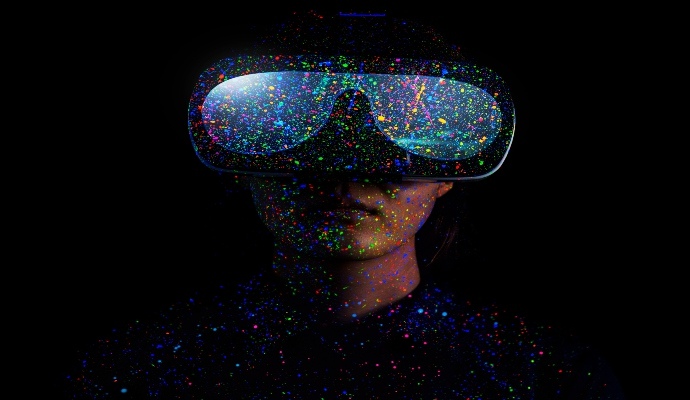What is Virtual Reality and its Healthcare Use Cases?

Virtual Reality (VR) is a technology immersing users in computer-generated environments, offering promising prospects in healthcare. Initially used in education and entertainment, VR is now integrated into medical practice, addressing pain management, mental health, social isolation, and rehabilitation. Its roots trace back to the 1800s, but recent advancements have accelerated its adoption in healthcare. VR offers diverse applications, from pain reduction during hospital stays to immersive therapy for mental health conditions like PTSD and depression. Additionally, it aids in addressing social isolation and enhances physical therapy outcomes. With ongoing research and development, VR’s role in healthcare is expanding, promising to revolutionize patient care and treatment outcomes.
Make faster decisions with community advice
- AI Gets Better At Writing Patient Histories When Physicians Engineer The Prompts
- New Study Evaluates Virtual Reality to Reduce Scanxiety in Brain Tumor Patients
- Revolutionizing Healthcare: Harnessing the Power of IoT Solutions for Improved Patient Outcomes
- Carrum Health Raises $45 Million Series B to Expand Cancer Care Offerings and Launch New Service Lines
- Ethical Guardrails Are Essential To Making Generative AI Work For Healthcare
Deploy this technology today
-
nQ Cortex
Matched with Medical Subject Headings (MeSH): Biomedical Technology, Healthcare IT News: Artificial Intelligence
- NLabviva Platform
- Labviva Platform
- AI Dermatologist Platform
- Armis Platform for Healthcare

